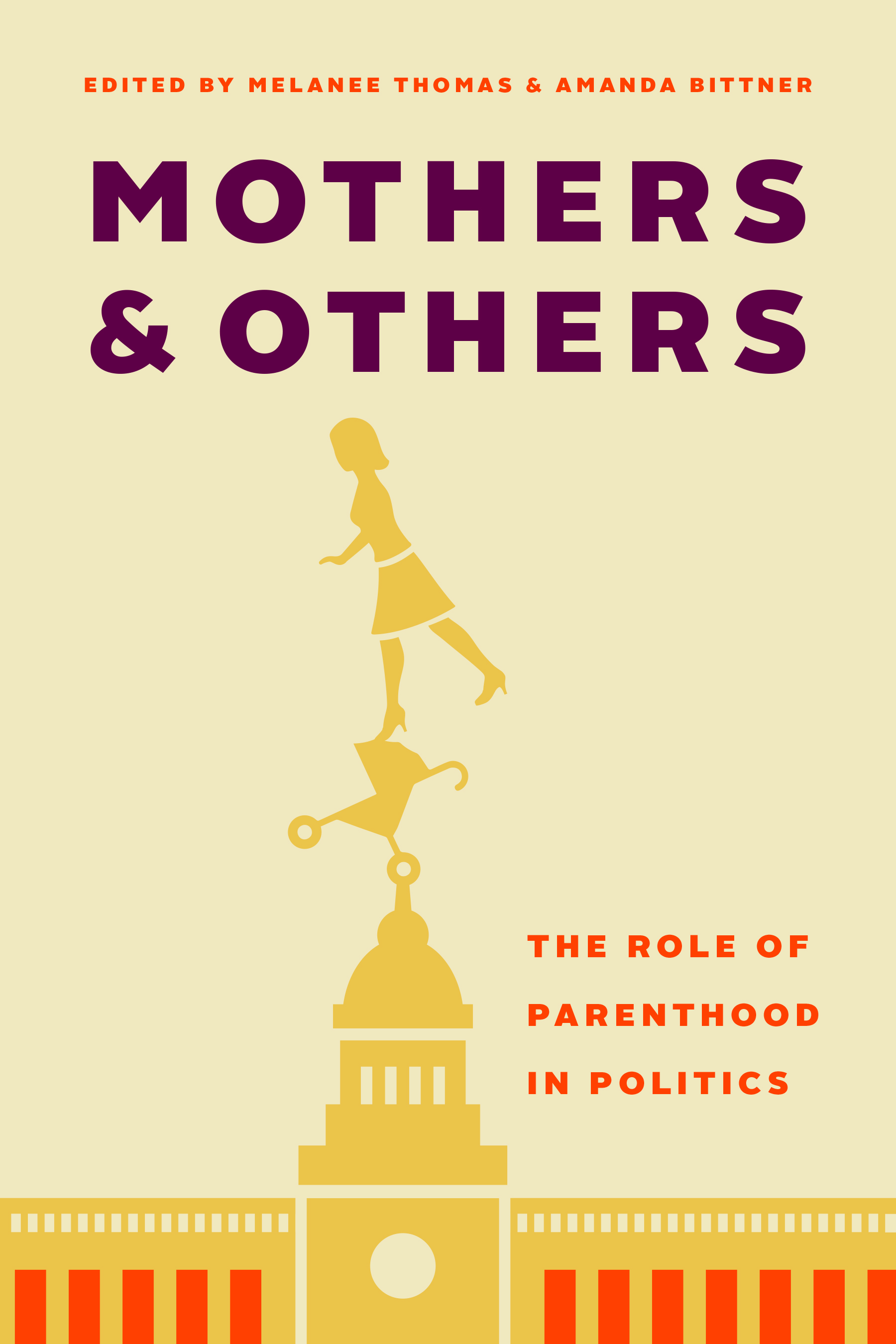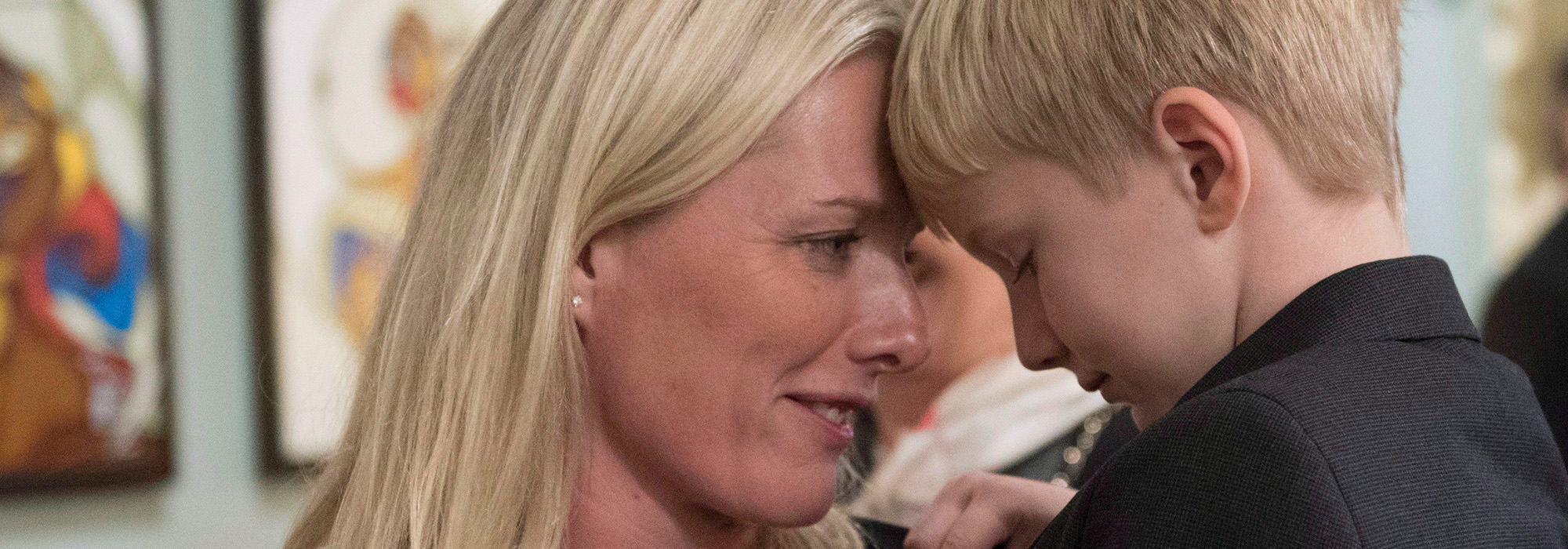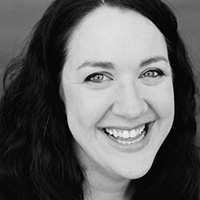
When Theresa May, Britain’s current prime minister, entered politics, a newspaper reported she might have trouble securing a Conservative nomination because of her parental status: May and her husband did not have any children at the time. Years later, May’s parental status was politicized again, when Andrea Leadsom, a competitor for the Conservative Party leadership, suggested May would be a poor choice for leader because she wasn’t a mother.
May’s experience neatly highlights how women are damned if they do and damned if they don’t when it comes to politics and parenting. If women are mothers, their ability to do political work is questioned, because some wonder if they will be able to balance their private responsibilities to their families as mothers with their political duties to the public. Similarly, when women aren’t mothers, their ability to do politics is also questioned, because some suggest that women who are not mothers may not know or care about certain policy domains, particularly those that relate to families and children. May’s experience is not unique: similar critiques were levelled at Julia Gillard while she was Australia’s prime minister, and at Wildrose Party Leader Danielle Smith during Alberta’s 2012 provincial election. This no-win situation raises challenging questions about how society thinks and talks about women’s parental status in politics; for us as researchers, it has sparked a project that investigates how gender, parental status, and politics work together to structure political careers, public opinion and media coverage.
The goal of our new edited collection, Mothers & Others: The Role of Parenthood in Politics, was to investigate the interaction between gender, parental status and politics in three areas: in political careers, in the media, and among individual voters. In each chapter, our contributors’ findings show that politics is structured differently for women because of their parental status in ways that it just isn’t for men.
The most striking findings are, perhaps unsurprisingly, related to the experiences of career politicians. In Canada and other parliamentary democracies, the lives of members of Parliament differ, depending on their gender and parental status. While it is not news that men are more likely than women to be MPs, what is less known is that men MPs are considerably more likely to be fathers, to have more children than women MPs, and to enter politics when their children are younger. These differences may be because, unlike for nearly every other form of work, maternity and parental leave are not considered viable options for elected representatives, both in terms of public expectations and with respect to politicians’ own ideas about what it means to be an MP. Child care options provided by parliaments may be limited to care for older children, and legislative rules may make it difficult — if not impossible — for elected mothers to breastfeed (or even bottle-feed!) their infants.
It may be tempting to suggest that women should avoid or delay political work until after their children reach a certain age. The problem is that these expectations are typically directed only at mothers; political fathers, by contrast, are celebrated. There are few other workplaces where open discrimination based on parental status is tolerated, yet our research shows that fathers can and do use their family life to connect with the public in ways that mothers cannot. Interestingly, the politicians we spoke to are all aware of this double standard: political fathers observe that the public’s reaction “is usually snarly” when mothers enter politics, and political mothers told us they feared the possible ramifications (in their political careers and to their family’s safety and security), coming from the public and the media, if they disclosed they were parents.
This is not to say that motherhood is always negative in politics. With two mothers competing in the run-up to the 2008 US presidential election, it is striking that most of the media coverage of Hillary Clinton’s and Sarah Palin’s (grand)parental status was positive. In Latin America and the United States, women in politics who use their maternity to position themselves as national caregivers, dedicated to taking care of the country, typically do well in electoral politics. Prominent examples include President Michelle Bachelet of Chile and Sarah Palin, whose “Mama Grizzly” and “hockey mom” campaign rhetoric was much noted. However, to effectively balance their political careers and family responsibilities, these mothers must either offload domestic responsibilities to other (poorer) women, as is common with the supremadres in Latin America, or they must cobble together childcare from sitters and family members, as is more common in the United States, especially among women who are more ideologically conservative.
Interestingly, just as the assumption that mothers are the “default” parent can harm women in elected positions, it can also politicize women, launching them into political and civic action and activism. We confirm past research that shows that the motherhood penalty in politics is not about a lack of time. Women with small children at home are more likely to sign petitions, volunteer and engage in political consumerism than are women without children. Given this fact, it might be tempting to assume that politically active parents are a unique constituency that can be mobilized for a particular political party. Yet, these same mothers are not more likely to vote: their engagement doesn’t translate into electoral politics in this way. Parental status has even less of a gendered effect with respect to public opinion. Parents are, in general, more conservative than nonparents, on crime and security as well as on cultural issues, and the differences between mothers and fathers are slight; the bigger gap is found between parents and nonparents, rather than along gender lines.
The research in our book demonstrates that the power of parental status to explain what we think about politics does not necessarily rest with being a mother or a father, but instead lies in how people think mothers and fathers should engage in work and politics. Those who hold more traditional views — that is, that motherhood and paid work are incompatible — are also the least likely to support policies like parental leave. Perhaps unsurprisingly, this same group of traditionalists is more willing to extend parental leave benefits to married mothers than they are to single fathers. This suggests that while many of the political consequences of parenthood are disproportionately felt by mothers, the strongest resistance to policies directed at parents comes when benefits are directed at fathers, highlighting the highly gendered expectations society still has about who provides care, who does paid work, and who “ought” to be doing these things.
In the end, the evidence leads us to conclude that women who seek political careers continue to face a motherhood penalty that fathers do not. Yet, this same motherhood penalty does not appear to extend to individual women’s engagement with politics as voters. Ideas about parental status, rather than parental status itself, appear to structure most strongly public opinion about policies directed at parents.
Our conclusions barely scratch the surface of the relationship between gender, parental status and politics. Arguably, this topic is more salient now, as women currently in the federal and in some provincial cabinets are expecting, or have delivered and are now caring for infants, or have explicitly stated that they are protecting family time from ministerial duties. We have few insights to offer about how race, ethnicity, or sexual orientation interact with gender and parental status in politics. Further research into these interactions is urgently needed. And, given the range of positive and negative reactions we found to traditional and nontraditional presentations of motherhood and fatherhood, more work is required to determine when and why motherhood and other identities are activated, suppressed or valued in politics.
Photo: Catherine McKenna, Minister of Environment Minister and Climate Change speaks with her son before a swearing in ceremony on Wednesday November 4, 2015, in Ottawa. THE CANADIAN PRESS/Justin Tang.
Do you have something to say about the article you just read? Be part of the Policy Options discussion, and send in your own submission. Here is a link on how to do it. | Souhaitez-vous réagir à cet article ? Joignez-vous aux débats d’Options politiques et soumettez-nous votre texte en suivant ces directives.











